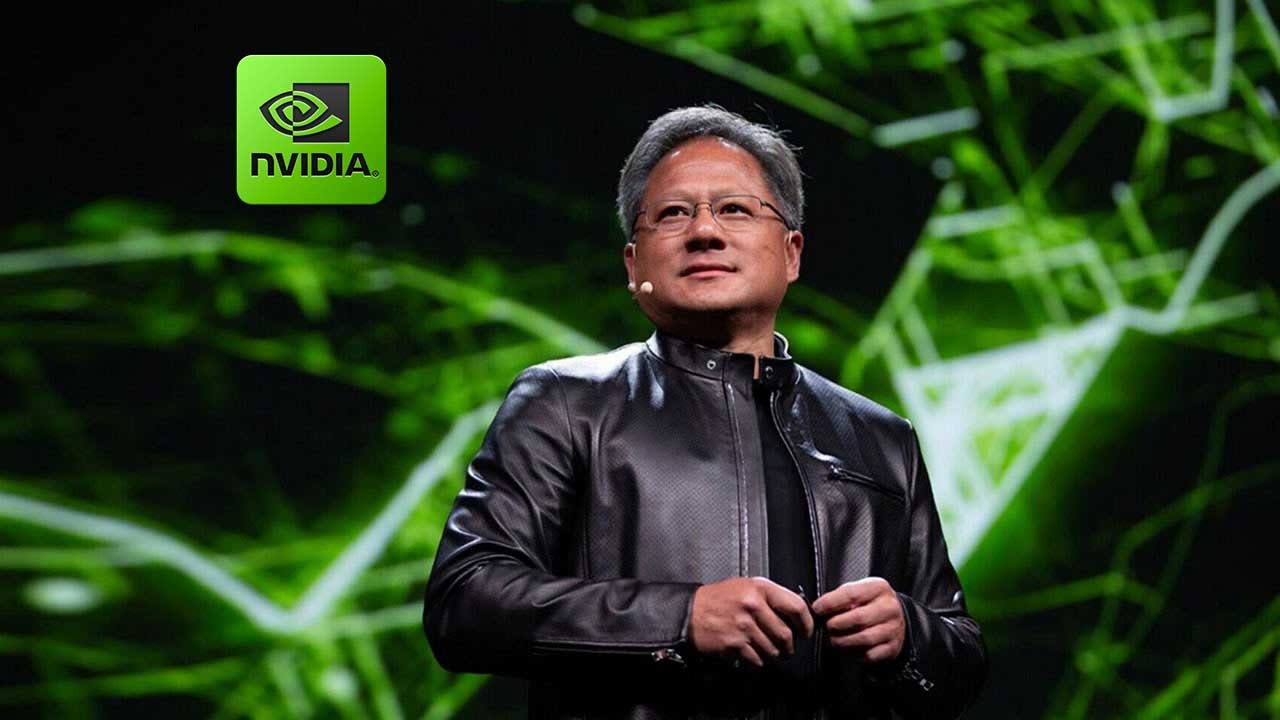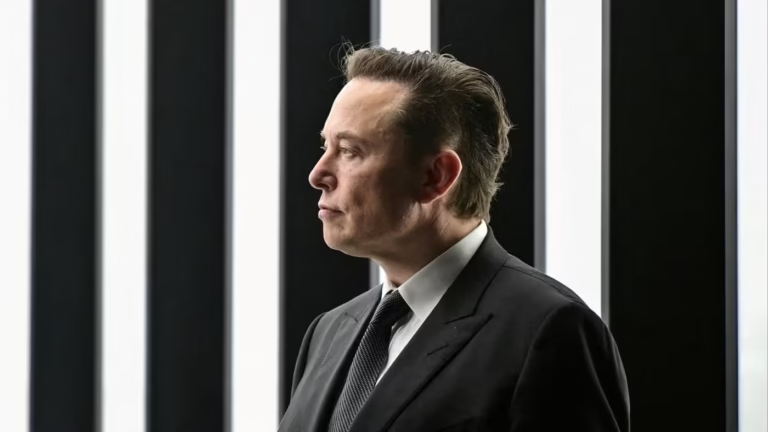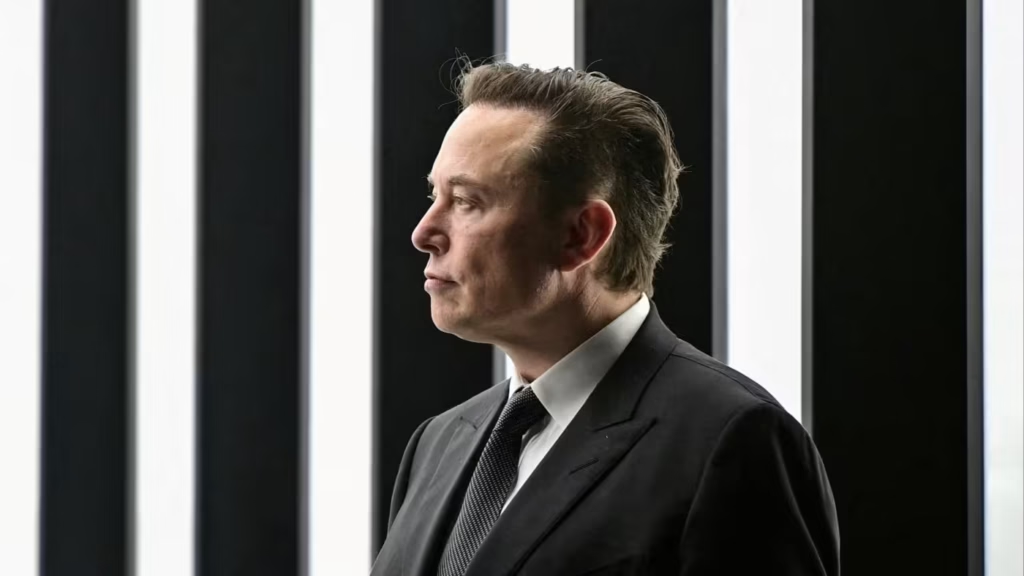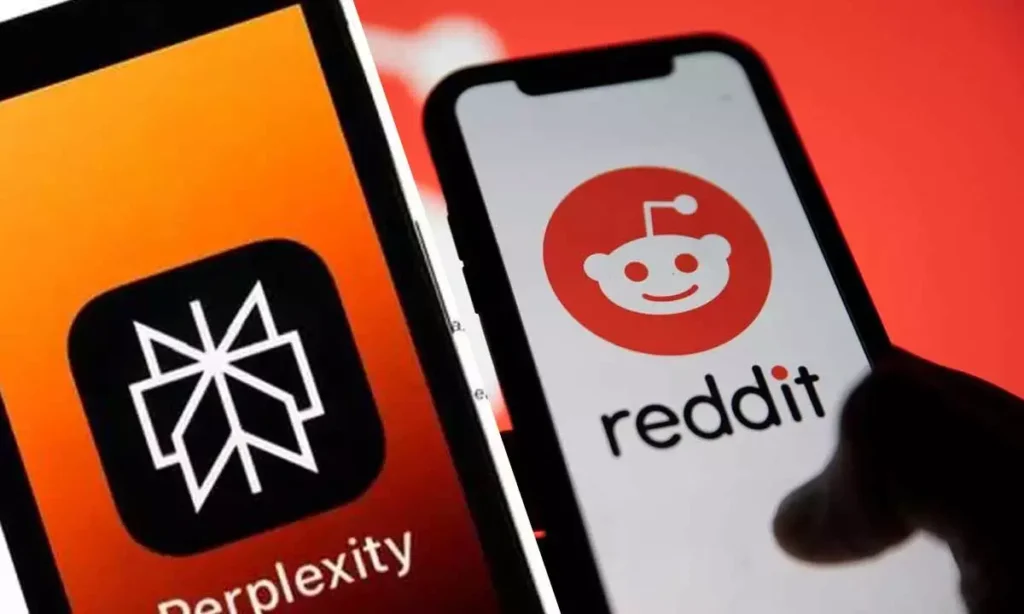Artificial intelligence rapidly reshapes industries. Jensen Huang, CEO of Nvidia, a $3.3 trillion chipmaker, delivers a clear message to professionals: the AI job impact is immediate and unavoidable. He argues AI will not replace jobs outright. Instead, workers who master AI tools will significantly outperform those who do not. This perspective underscores a critical shift in the modern workforce. It demands a proactive approach to skill development.
AI Job Impact: The New Imperative for Professionals
Jensen Huang asserts that “every job will be affected, and immediately” by artificial intelligence. He emphasizes AI’s profound ability to enhance productivity across various sectors. For instance, AI can automate up to two-thirds of routine tasks. This includes drafting reports or performing data analysis. Workers proficient in these new tools become indispensable. Huang himself uses AI daily. He leverages platforms like ChatGPT and Gemini for drafting content and problem-solving. His personal adoption highlights integrating AI as a tangible advantage, even at the CEO level. Clearly, embracing AI is no longer optional; it is a new professional imperative.
Why AI Fluency Is Non-Negotiable
Only about 30 million people globally, out of eight billion, possess advanced AI skills. This small fraction indicates a vast opportunity for those willing to upskill. The “AI-augmented worker” holds a distinct advantage in the evolving job market. For example, companies like Shopify now mandate AI use before approving new hires. This signals a fundamental shift in corporate expectations. Furthermore, AI tools reshape education. AI tutors such as Khanmigo and Perplexity make learning more accessible. Huang strongly advocates for early AI literacy. He stresses its foundational role in future careers. Ultimately, embracing AI fluency ensures professionals remain competitive and valuable.
The Great Debate: Job Creation vs. Displacement
While Huang champions AI’s augmentative power, not all industry leaders share his optimism. He notably clashed with Anthropic CEO Dario Amodei. Amodei predicts AI could eliminate 50% of entry-level white-collar jobs by 2030. This might lead to 20% unemployment spikes if adaptation lags. Amodei’s view stems from AI’s growing capacity to automate tasks. These are typically performed by new graduates in fields like law, finance, and consulting.
However, Huang counters this perspective. He argues AI will create entirely new roles, such as AI trainers and hybrid quantum-AI engineers. It will also transform existing ones. Supporting Huang’s view, the World Economic Forum’s 2025 report indicates 41% of companies plan downsizing due to AI. Nevertheless, a significant 77% intend to reskill their employees. This ongoing debate highlights the complex and multifaceted nature of AI’s economic effects.
Sector-Specific Transformations: Real-World AI Job Impact
The AI job impact manifests across diverse sectors already. In technology and IT, firms like Shopify exemplify AI integration into daily workflows. They require employees to leverage AI tools. In manufacturing, Nvidia’s “AI factories” and partnerships in robotics illustrate AI becoming integral to physical production processes. Even traditional industries experience shifts. Revelio Labs data shows declining job postings for certain AI-exposed roles, for example, data engineers, since 2023. This indicates a reallocation of tasks and responsibilities within these professions. Additionally, a gender disparity exists: jobs predominantly held by women are three times more likely to face disruption by AI. This underscores the need for targeted reskilling initiatives.
Navigating the Future: Recommendations for the AI Job Impact
Jensen Huang offers clear recommendations for navigating the evolving landscape shaped by AI. For students, his advice is unequivocal: “Learn AI in every way possible.” This sentiment resonates with initiatives like Mark Cuban’s free bootcamps. These programs aim to provide underprivileged youth with essential AI skills. Professionals should use AI to augment their creativity. For example, they can generate code from schematics, rather than resisting its integration. Furthermore, Huang urges governments to invest in “intelligence infrastructure,” such as Nvidia’s European AI hubs. This helps maintain national competitiveness. The core message focuses on proactive adaptation.
Key Takeaways: Adapting to the AI Era
The current discourse among AI leaders, including Jensen Huang and Dario Amodei, underscores a fundamental truth. The AI job impact is a permanent fixture. AI fluency is now a crucial career survival skill. Early adopters and companies prioritizing AI proficiency are already reaping rewards. The broader policy divide concerning AI development—whether open and transparent versus regulated and cautious—also remains a critical discussion point. Ultimately, workers who embrace AI as a powerful tool for augmentation will likely thrive in this new era. The choice, as Huang implies, is simple: adapt or be left behind.
For more details, please visit PFM Today.















